Nations can improve inclusiveness, global security, and environmental sustainability by increasing international cooperation and integration, the World Trade Organization said in its World Trade Report this week.
The 2023 edition of the report noted that the alternative to "reglobalization" was trade fragmentation, which it said would stunt growth and push development back, sending the world in the wrong direction.
"The post-1945 international economic order was built on the idea that interdependence among nations through increased trade and economic ties would foster peace and shared prosperity," the WTO's director-general, Ngozi Okonjo-Iweala, wrote in the report's foreword. "For most of the past 75 years, this idea guided policymakers, and helped lay the foundation for an unprecedented era of growth, higher living standards, and poverty reduction."
But Okonjo-Iweala said the idea of interdependence among nations through increased trade and strong economic ties has been under attack in recent years by countries that have resisted globalization and attempted to roll back its progress.
"Today, this vision is under threat, as is the future of an open and predictable global economy," Okonjo-Iweala said, as she urged nations to focus once more on increasing international ties, ideally through the WTO, which she conceded was "not perfect, far from it".
But she said "the case for strengthening the trading system is far stronger than the case for walking away from it".
Ralph Ossa, the WTO's chief economist, said in the report that "globalization is really at a crossroads", but that, despite early signs of trade fragmentation, it remains strong.
"The main conclusion is that we need to embrace trade, instead of rejecting it, if we want to overcome the most pressing challenges of our time," he said. "In particular, the report makes the case for extending trade integration to more economies, people, and issues, which is a process that we call re-globalization."
Ossa said the WTO believes trade integration "is a powerful tool to improve living standards, which helped lift hundreds of millions of people out of poverty" during the past four decades.
The World Trade Report said trade policy tensions have caused trade fragmentation, with WTO research showing trade between zones appeared to have grown 4-6 percent slower than trade within zones.
But, despite the difference, the WTO said international trade was holding up well.
The organization said trade between nations is known to make conflict between them less likely. And it said the fact that international trade has reduced poverty and led to technological improvements that have contributed to reductions in carbon emissions mean it must be nurtured.
The WTO report said a "renewed drive toward integrating more people, economies, and pressing issues into world trade" offers a "more promising solution" to global threats than fragmentation, and that nations should not turn their backs on it.
Gordon Brown, a former United Kingdom prime minister, shared the viewpoint, saying this week in a speech at the WTO's Global Public Forum, in Geneva, Switzerland that a "new multilateralism" was needed.
Brown said increased cooperation between nations would address challenges, including poverty, the climate crisis, and financial turmoil.
"We have to learn from the mistakes of the past and we have to do things better," he said. "That is why I think we need to think of where we are. Our generation's problems cannot be resolved by nations staying on their own, however big and powerful they are. They cannot even be resolved by bilateral and regional interventions, however well meaning."









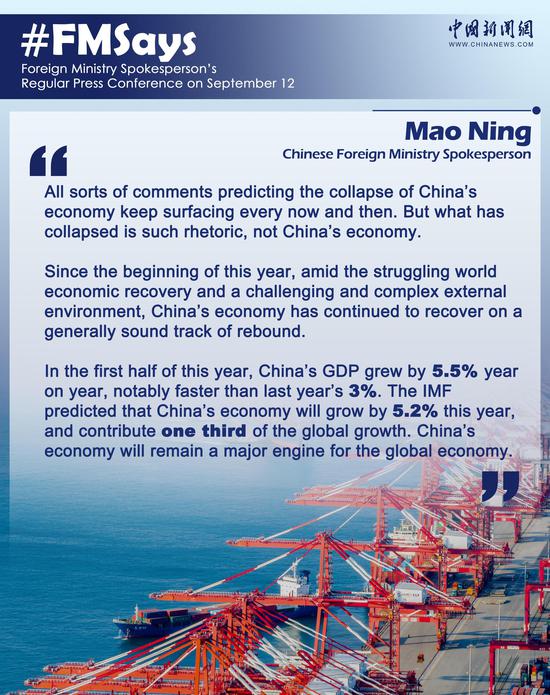
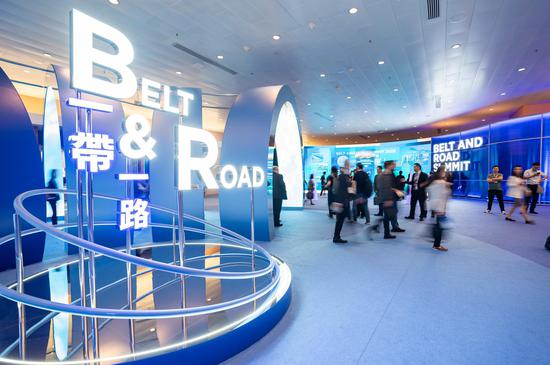
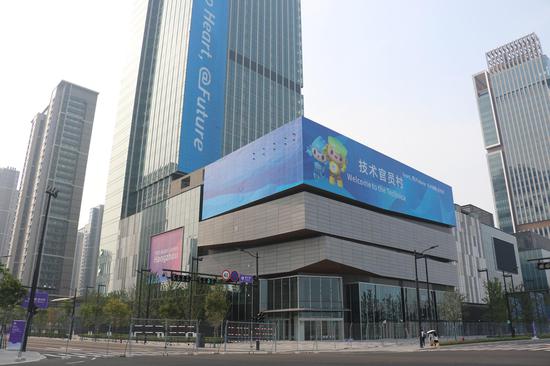
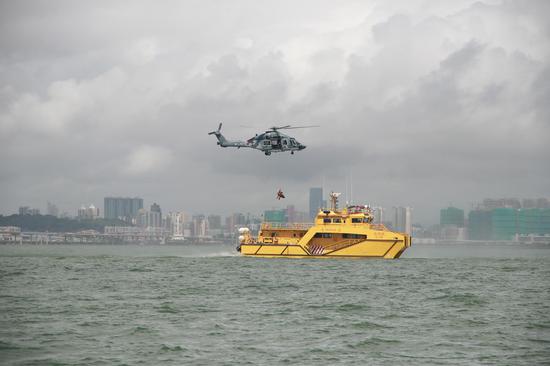


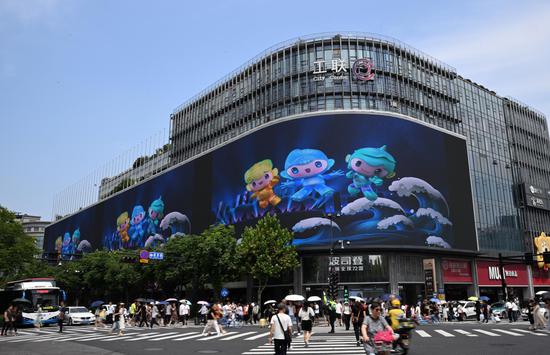
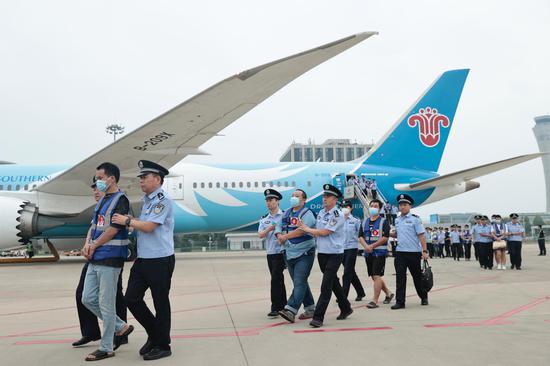
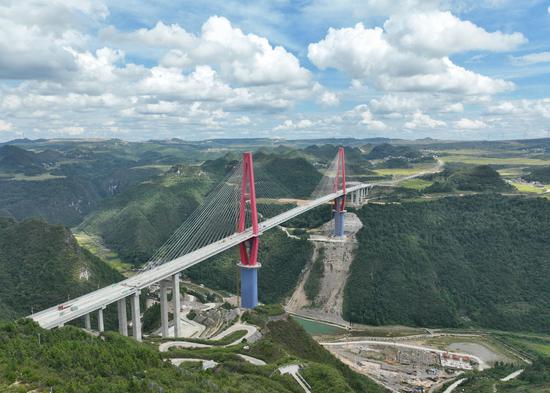

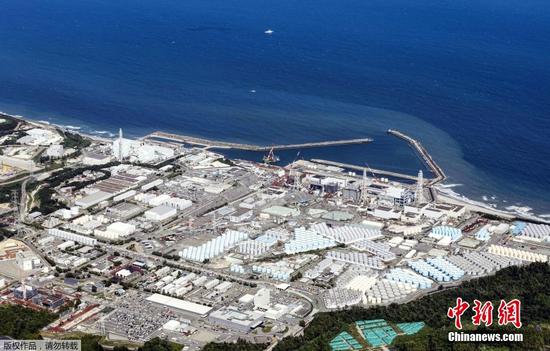

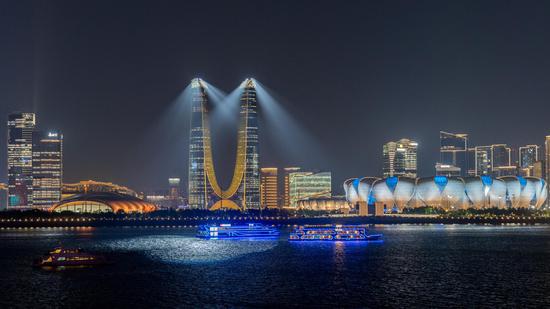
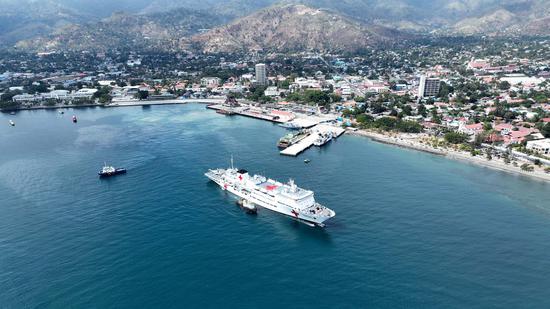
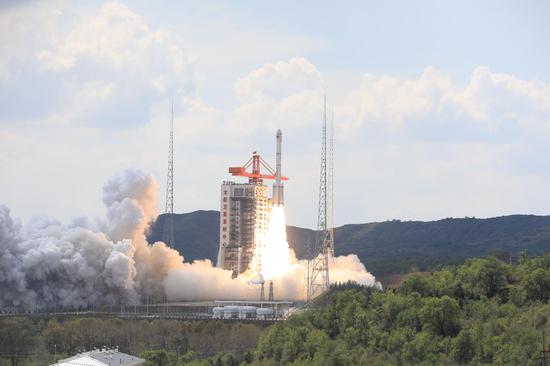


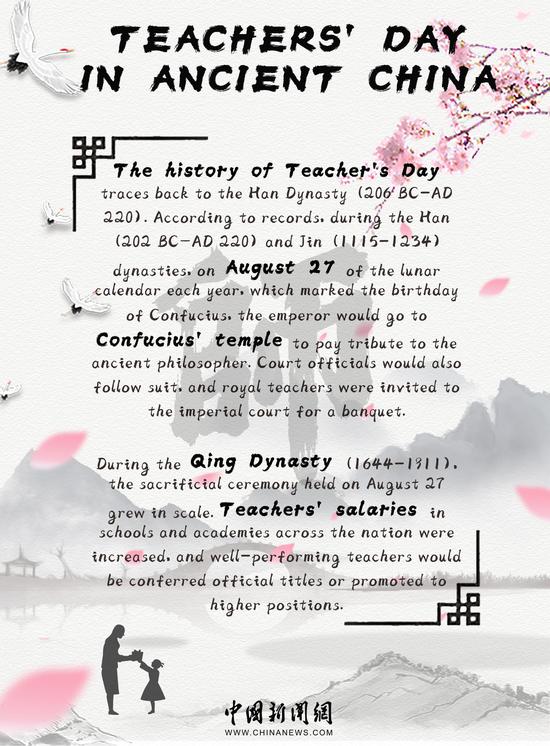
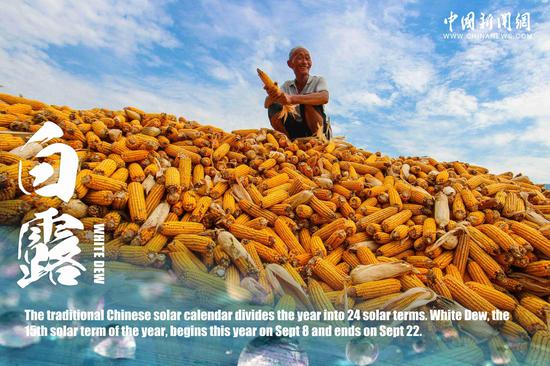
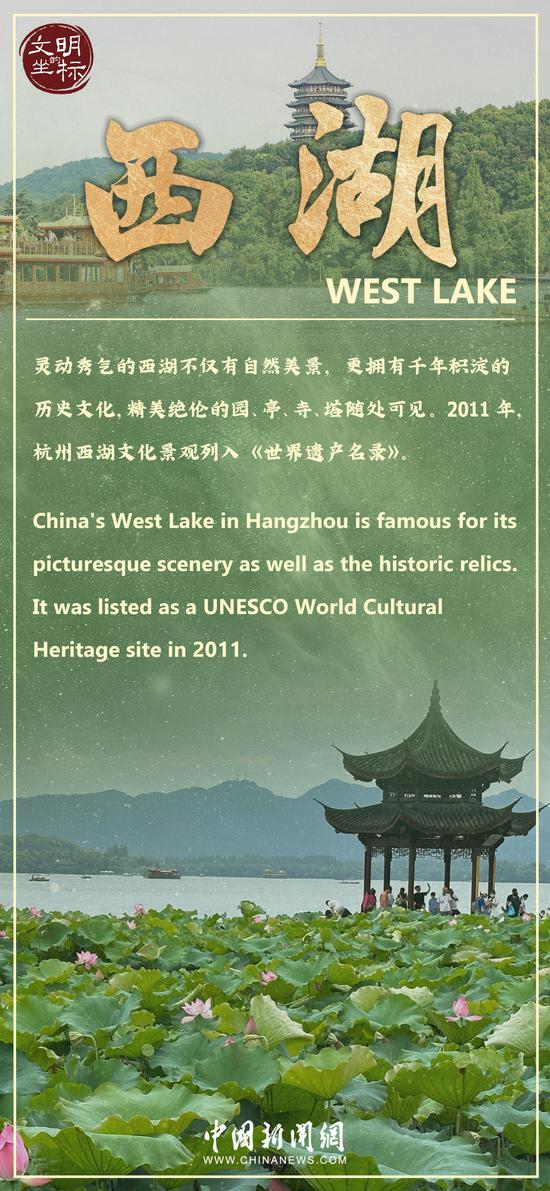
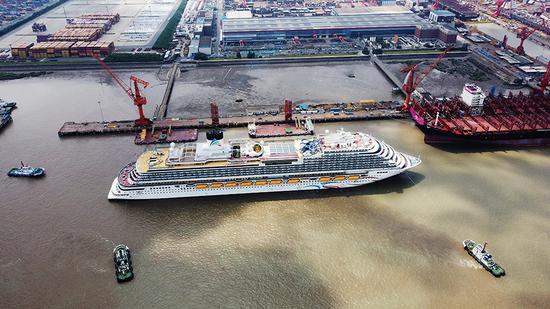

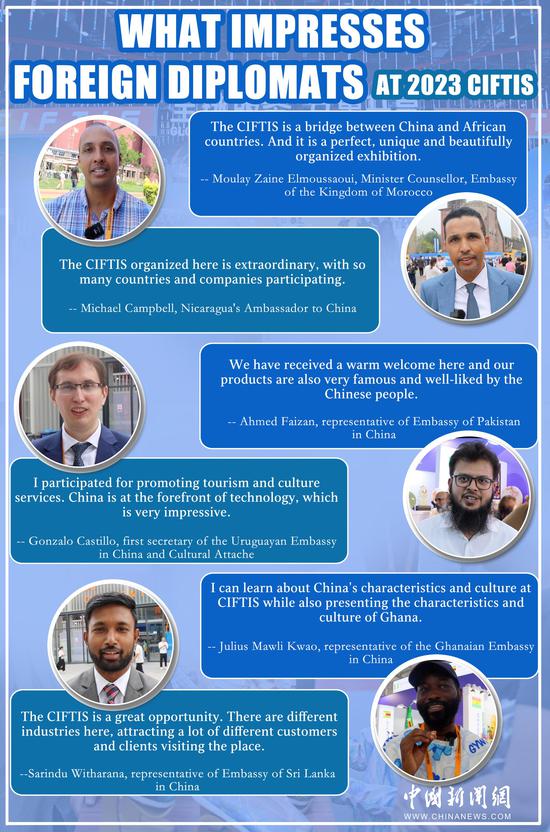

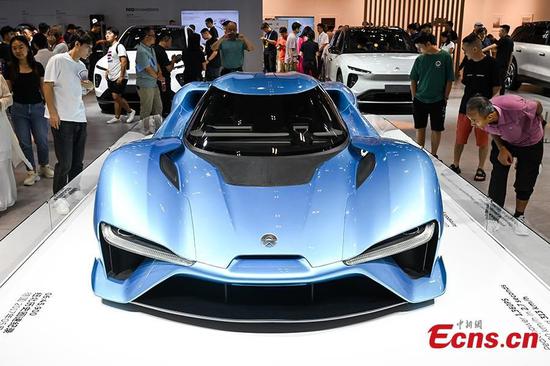
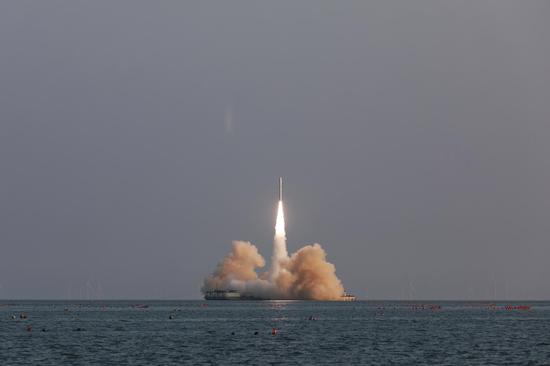
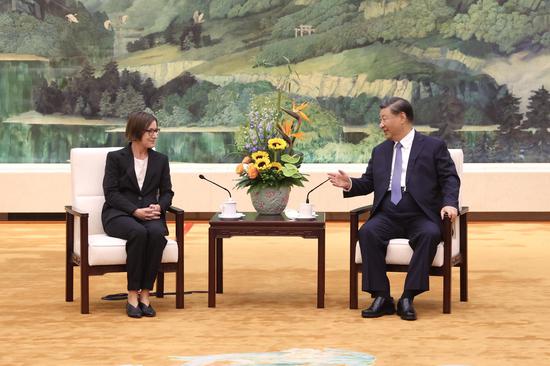





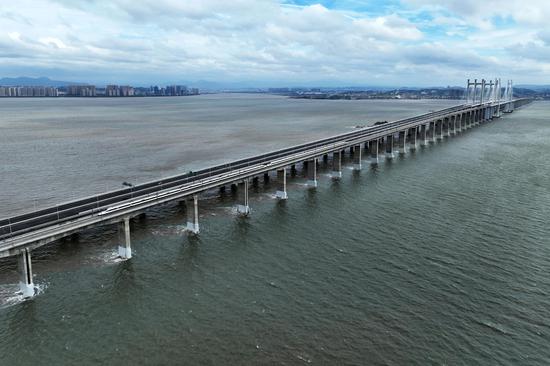


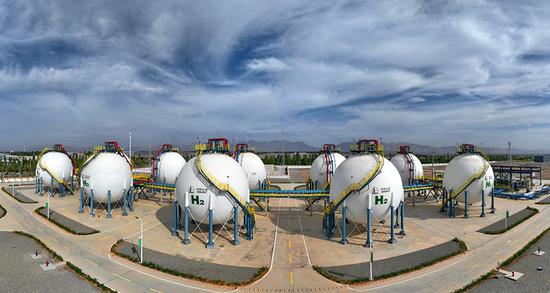





 京公网安备 11010202009201号
京公网安备 11010202009201号